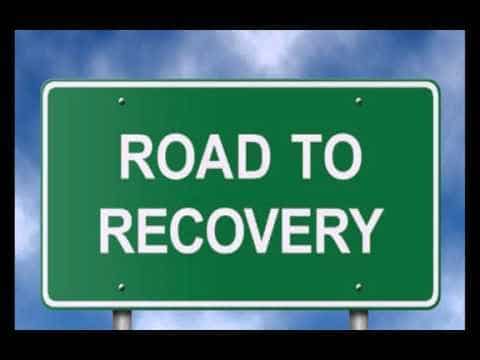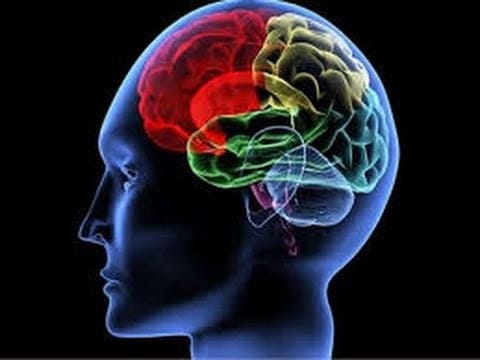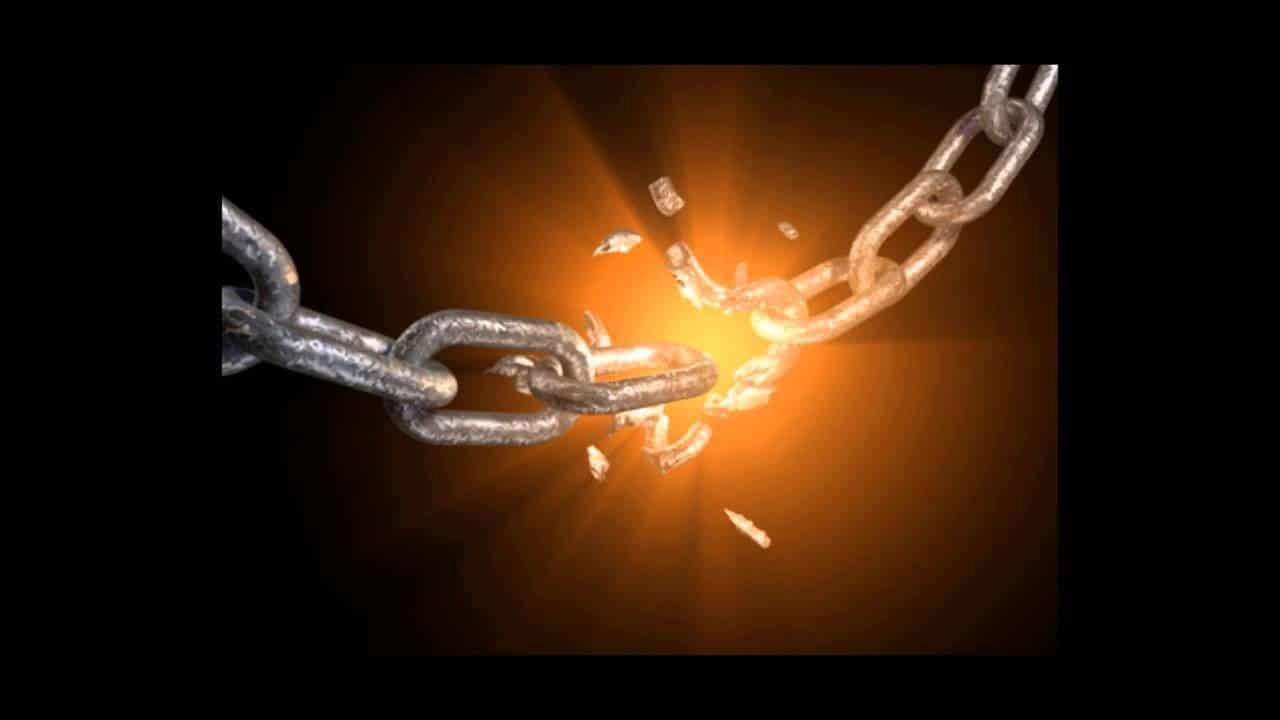 Families who are dealing with an addicted loved one are faced with many challenges. The anger, sadness, guilt, shame, and disappointment can become overwhelming, which can start to affect life in powerful ways, such as job loss, divorce, or medical problems. Many families have been able to avoid these consequences of loving an addict by understanding the three C’s.
Families who are dealing with an addicted loved one are faced with many challenges. The anger, sadness, guilt, shame, and disappointment can become overwhelming, which can start to affect life in powerful ways, such as job loss, divorce, or medical problems. Many families have been able to avoid these consequences of loving an addict by understanding the three C’s.
About the Three C’s
Recovery is a journey. It takes time to release oneself from the chains of addiction. This can be hard on families who so desperately want their loved one to be clean and sober. The three C’s can help with the path of recovery. The three C’s for families dealing with the addiction recovery process are:
- I didn’t Cause it
- I can’t Cure it
- I can’t Control it

Addiction is a chronic brain disease.
I Didn’t Cause It
Addiction is a disease, according to the American Medical Association and the American Society of Addiction Medicine. It is like diabetes, cancer, and heart disease, but it’s more complex because it includes behavioral, biological, and environmental factors. Genetics has a lot to do with whether someone will suffer from an addiction.
You did not cause the disease. When you realize you did not do anything or fail to do something that resulted in the addiction, you will feel better about your role in the recovery process. This disease needs to be treated, just like other diseases. The problem is that this disease can make the sufferer feel as though treatment is not necessary.
I Can’t Cure It
Addiction cannot be cured; it can only be treated. Since it is a chronic brain disease, the only way to approach it is through symptom management. An alcohol or drug rehab treatment center can help addicts understand how to manage their disease. That treatment, along with aftercare programs, can help addicts learn how to live a safe, healthy life through addiction management.
As you know, addiction isn’t something you can cure. Nothing you do will take this brain disease away from your loved one. All you can do is encourage your loved one to seek treatment in order to understand how to manage the addiction and get his or her life back on track.

Only the addict can break the chain of addiction.
I Can’t Control It
You cannot control the disease. The substances involved control the disease. Those substances have changed the chemical makeup of the brain. This is what has taken control over your loved one’s thoughts and actions. You will never win in the battle of control over addiction. The only thing you can do is provide support without enabling the addict. This means encouraging treatment through education and nurturance. It has to be the addict’s choice to start treating the addiction. The addict is the only one who can control the addiction.
We’re Here to Help
Do you need more support on how to help your loved one? Contact Harris House today.







